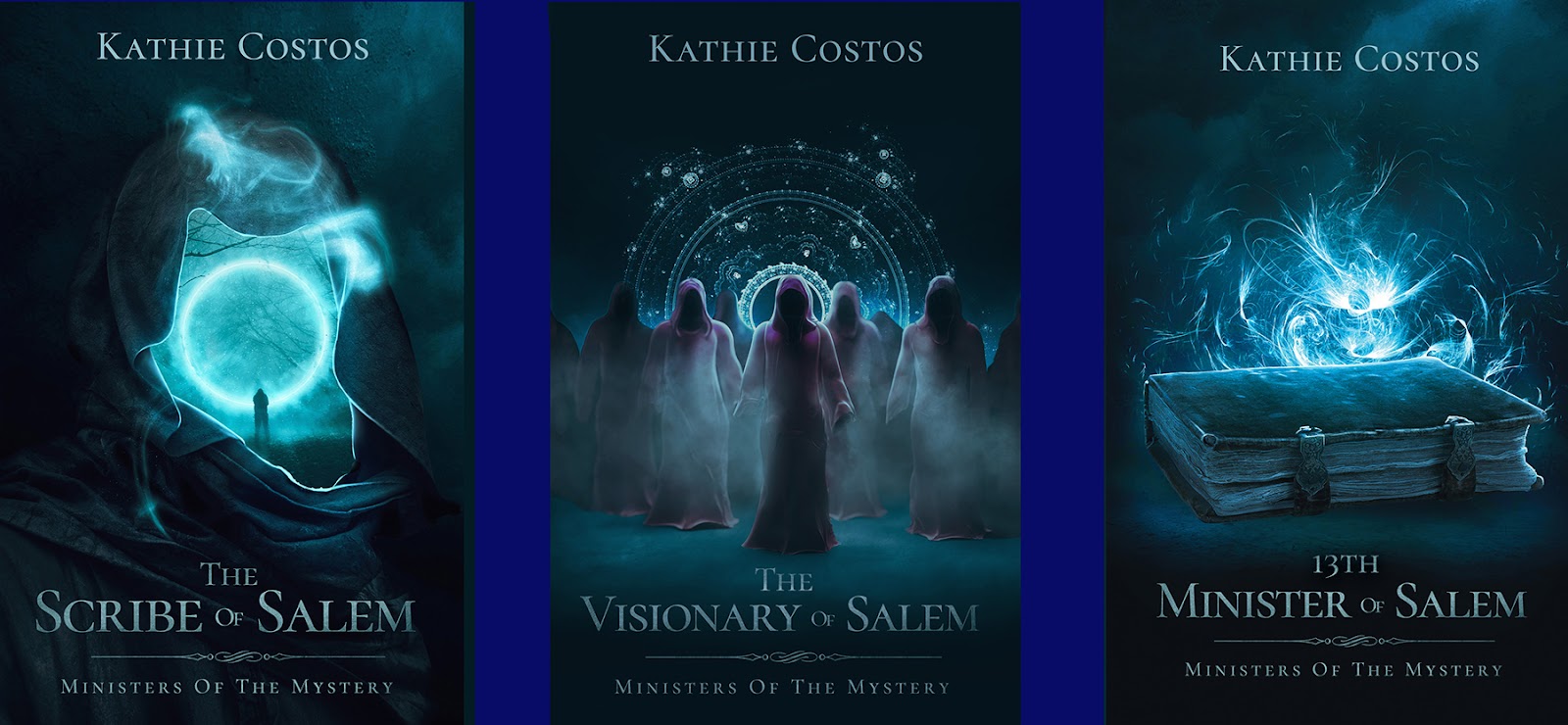I don't know how many others out there are like me, but I have a feeling others are feeling as if you just don't fit in. For years, I tried to be like everyone else, but then I realized, I didn't like myself very much. Worse, I didn't recognize myself. I am just me. I am the only one that lived my life, experienced what I did, tried what I did, and yes, failed more times than I succeeded. The thing is, while I am not perfect, I spent my life trying to do what I can to help others because it was the right thing to do.
So, here is what I believe.
I don't fit in with "church people" because none of them fit in with others not among those that attend the same church. Each denomination has its own rules and beliefs. To fit in with them would mean picking sides, and I would end up hurting someone by choosing someone else. From what I've seen about how some people claim to be Christian yet spew hate and contempt, find nothing repulsive about lying and cheating to get what they want, and then act like they deserved it, no thanks! To understand this, just think about the people you see on TV and online claiming to be Christian but then lying about something that is obviously a lie. Lying is not any more of a "Christian" value than hate is.
I think it is more important to act like Christ said we should than just claiming we do. We are to love one another!
John:12-13 "My command is this: Love each other as I have loved you. Greater love has no one than this: to lay down one’s life for one’s friends."Are you gifted? According to BibleStudyTools, there are 16 gifts.
Administration, being an apostle, discernment, evangelism, exhortation, faith, giving, healing, helping, hospitality, knowledge, leadership, mercy, prophecy, serving, speaking in tongues, teaching or shepherding, and wisdom. There may be times when one area of our spiritual gifts is stronger than other times.Some used to call those using their gifts blessed by God, but for others, they were in league with Satan.
Fascinated by folklore? In this illuminating online talk, Professor Owen Davies, President of the Folklore Society, puts Hardy’s references to witchcraft and popular magic into historical context.
Based on historical and folkloristic research, particularly with regard to Somerset and Dorset, Owen explores the influence of cunning folk and the fear of witches, as well as a range of other magical healers with whom Hardy would have been familiar.
Thinking about the people in Salem Village at the time of the witchcraft trials and those in other parts of the world, using their gifts was blamed for all calamities, makes my head spin.
What were they thinking, if they used their brains at all? Among the Satanic gifts, they were accused of having was the gift of prophecy, which they called "fortune telling." What they were called in the Bible was a prophet and accepted as divinely gifted by God.
We may think we've come a long way from the days of the worldwide witch hunts, but that is not reality.
Witch Costume: A woman dressed in a traditional witch costume attends the annual Fairy Fest for May Day in Glenrock, Pennsylvania. In Europe and, later, the Americas, black dresses and tall, pointed hats have been associated with witchcraft since medieval times. PHOTOGRAPH BY LISA SPRINGER, MY SHOT
Witch Trials in the 21st Century
National GeographicThe most famous witch trial in history happened in Salem, Massachusetts, during the winter and spring of 1692-1693. When it was all over, 141 suspects, both men, and women were tried as witches. Nineteen were executed by hanging. One was pressed to death by heavy stones.
However, witch trials are not a thing of the past. Indeed, charges of witchcraft and trials of suspected witches are increasing.
The word witchcraft has good and bad meanings in different cultures around the world. A general definition of witchcraft is the changing of everyday events using supernatural or magical forces.
Witchcraft is usually associated with the power of nature, such as medicinal and poisonous plants, or rains and floods. People accused of witchcraft are said to be able to control natural events such as storms or droughts.
So-called “witch doctors” use combinations of plants and animals, as well as spirituality or supernatural ability, to treat medical conditions. These “witch doctors” are not accused of being witches themselves—they heal illnesses and ailments blamed on witchcraft. “Witchdoctor” is often a derogatory term for a traditional healer. Traditional healers, who rely on ancient remedies, are not witch doctors.
read more here
While doing research on the Salem Witch Trials, I was fascinated by the lack of knowledge the "holy people" had concerning the gifts of the spirit. What was even more intriguing was discovering that lack of knowledge is now as perplexing as it was in the 1600s.
Are those representing good witches ministering spirits using the gifts of God to do good? Are they doing what they were sent here to do, and yet again, finding themselves persecuted by "holy people" just as they had done for centuries?
When people sought out "cunning folks" for cures, they were grateful when the outcome was a positive one. When it ended badly, they were accused of witchcraft. Does that remind you of when you prayed to God for something and did not receive what you prayed for, then blamed God?
I am researching the next part of The Ministers Of The Mystery series and will post things that are puzzling me here. If you are a practicing good witch, I would love your wisdom to clear up what confuses me. I hope for a constructive conversation, so all willing to be respectful will be welcome to participate so we can all learn from one another.



Comments
Post a Comment